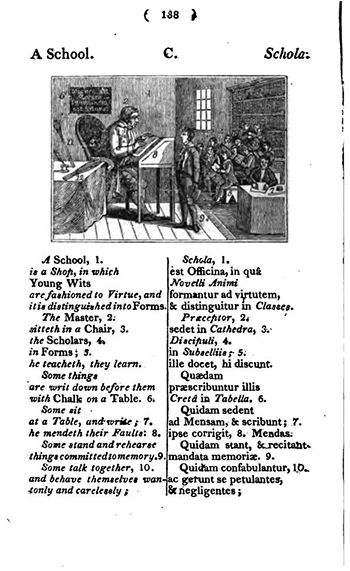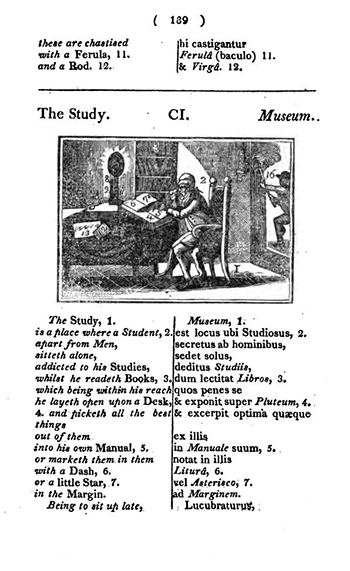The Studio-D Project
 We often think of “studio” spaces as spaces where lone artists go to cultivate their
unique genius. If we take a historical perspective, there is some truth to this, as
Italian Renaissance artists such as Leonardo da Vinci did indeed retreat from the
workshop and gallery into the privacy and secretiveness of the studio to develop their
craft. For many contemporary artists and scholars, this idea of the studio appears
problematic, lending itself to the myth of the isolated genius and separating art
from broader social engagement.
We often think of “studio” spaces as spaces where lone artists go to cultivate their
unique genius. If we take a historical perspective, there is some truth to this, as
Italian Renaissance artists such as Leonardo da Vinci did indeed retreat from the
workshop and gallery into the privacy and secretiveness of the studio to develop their
craft. For many contemporary artists and scholars, this idea of the studio appears
problematic, lending itself to the myth of the isolated genius and separating art
from broader social engagement.
The Studio-D project accepts this critique but instead of seeing it as grounds for
dismissing the studio, it takes up the critique as a challenge to reinvent the studio.
In particular, the Studio-D project wants to hold onto the idea of the studio as an
opportunity for experimentation. Returning to the Renaissance, we want to rehabilitate
the idea of the studio as an experimental zone where artist and scholar, writing and
drawing, workshop and laboratory, thinking and making were suspended. In other words,
true transdisciplinary inquiry found its origin in the space of the studio. This is
the real legacy of Leonardo's studio that ought to be picked up and developed further
as a public space (rather than a private space).
 Studio-D's wager is simple: The experimental dimensions of the studio can be extended
and intensified by making the studio public. Instead of retreating from the world
in order to carry out experiments in transdisciplinary inquiry (as Leonardo did),
the Studio-D project encourages the transformation of everyday, public spaces and
digital platforms into experimental studios — studios where amazement, perplexity,
and risk-taking can emerge collectively.
Studio-D's wager is simple: The experimental dimensions of the studio can be extended
and intensified by making the studio public. Instead of retreating from the world
in order to carry out experiments in transdisciplinary inquiry (as Leonardo did),
the Studio-D project encourages the transformation of everyday, public spaces and
digital platforms into experimental studios — studios where amazement, perplexity,
and risk-taking can emerge collectively.
And this is more urgent now than ever before. As education becomes increasingly instrumentalized
and outcomes-driven and as knowledge production becomes more and more disciplinary
specific, there is less and less room for radically open-ended, transdisciplinary
inquiry. In response to these trends, public studio spaces can encourage risky and
perplexing thinking-in-the-making that does not know what it is, what it ought to
be, or where it is going in advance of its happening.
To encourage the extension and intensification of public studio space, the Studio-D project has brought together pairs of artists, philosophers, educators, and engineers to design protocols (short, experimental prompts) to hack into, tinker with, and invent studio spaces within our shared, digital environments. Each prompt asks participants to reconceptualize their relationship with digital technologies less as devices with specific learning aims/goals and more as opportunities for interrupting and suspending common sense functions in the name of experimental making and thinking.
Comments
Participants were free to take up a protocol individually or collectively, play with it, and post any relevant (or irrelevant!) comments or questions to Studio-D. Comments are now closed.
